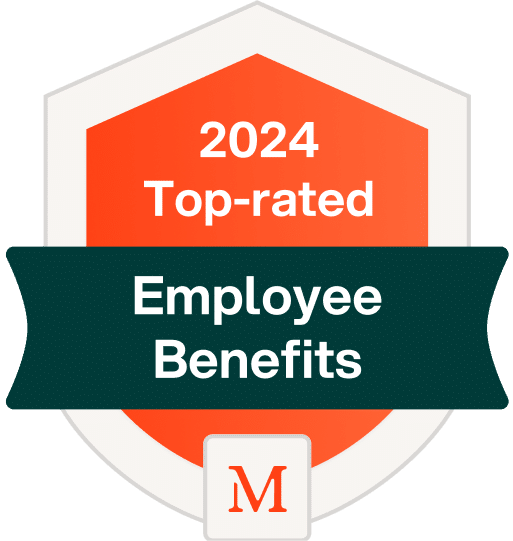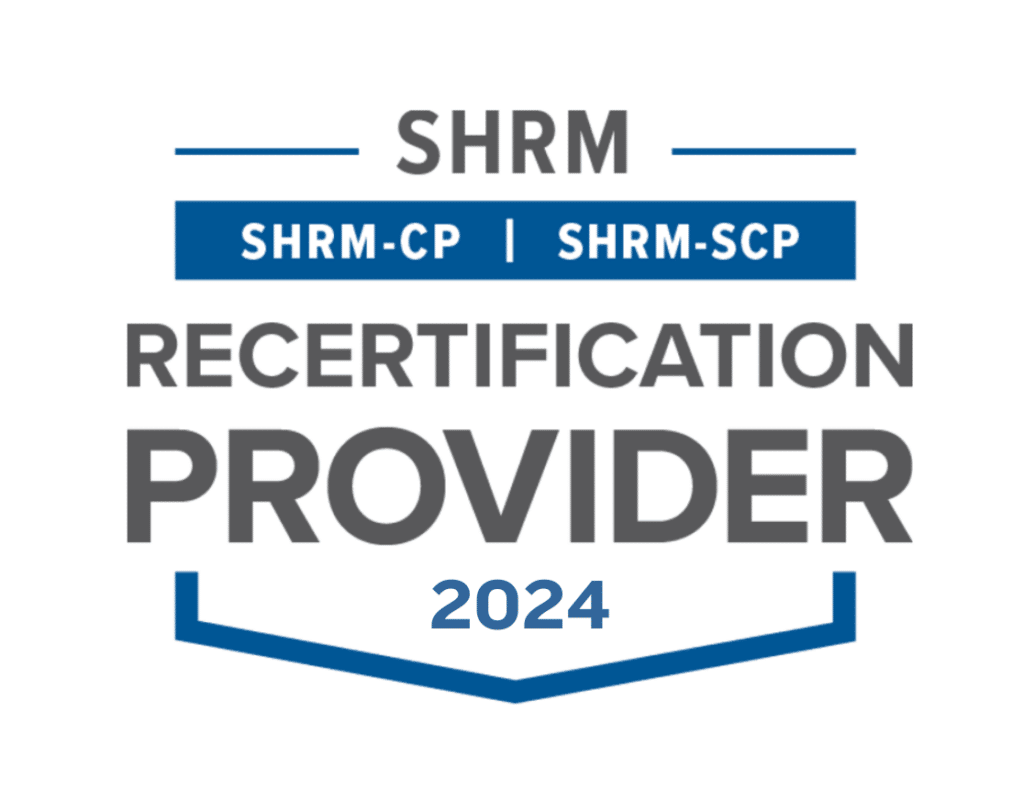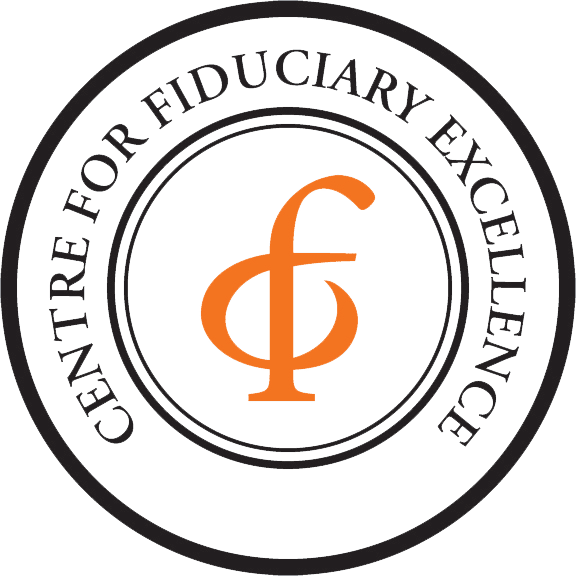Claims Procedure Extensions
ERISA-covered employee benefit plans and non-grandfathered group health plans and health insurance issuers offering non-grandfathered group or individual health insurance coverage are required to establish and maintain a procedure governing the filing and initial disposition of benefit claims, and to provide participants with a reasonable opportunity to appeal an adverse benefit determination to an appropriate named fiduciary. Plans may not have provisions that unduly inhibit or hamper the initiation or processing of claims for benefits. Further, group health plans and disability plans must provide participants at least 180 days following receipt of an adverse benefit determination to appeal (60 days in the case of pension plans and other welfare benefit plans).
Under the final rule, the outbreak period must be disregarded when determining the date for participants to file a benefit claim under the plan’s claims procedures and the date by which a participant may file an appeal of an adverse benefit determination under the plan’s claims procedure.
External Review Process Extensions
ERISA sets forth standards for external review that apply to non-grandfathered group health plans and health insurance issuers offering non-grandfathered group or individual health insurance coverage and provides for either a state external review process or a federal external review process. Standards for external review processes and timeframes for submitting claims to the independent reviewer for group health plans or health insurance issuers may vary depending on whether a plan uses a state or federal external review process. For plans or issuers that use the federal external review process, the process must allow at least four months after the receipt of a notice of an adverse benefit determination or final internal adverse benefit determination for a request for an external review to be filed. The federal external review process also provides for a preliminary review of a request for external review. The regulation provides that if such request is not complete, the federal external review process must provide for a notification that describes the information or materials needed to make the request complete, and the plan or issuer must allow a claimant to perfect the request for external review within the four-month filing period or within the 48-hour period following the receipt of the notification, whichever is later.
Under the final rule issued by the DOL, the outbreak period must be disregarded when determining the date by which a participant may file a request for an external review after receiving an adverse benefit determination or final internal adverse benefit determination and the date by which a participant must file a corrected request for external review upon a finding that the request was not complete. See the Appendix for examples.
Example 1 – Claims for medical treatment under a group health plan
Facts. Individual D is a participant in a group health plan. On March 1, 2020, Individual D received medical treatment for a condition covered under the plan, but a claim relating to the medical treatment was not submitted until April 1, 2021. Under the plan, claims must be submitted within 365 days of the participant’s receipt of the medical treatment. Was Individual D’s claim timely?
Conclusion. Yes. For purposes of determining the 365-day period applicable to Individual D’s claim, the Outbreak Period is disregarded. Therefore, Individual D’s last day to submit a claim is 365 days after June 29, 2020, which is June 29, 2021, so Individual D’s claim was timely.
Example 2– Internal appeal, disability plan
Facts. Individual E received a notification of an adverse benefit determination from Individual E’s disability plan on January 28, 2020. The notification advised Individual E that there are 180 days within which to file an appeal. What is Individual E’s appeal deadline?
Conclusion. When determining the 180-day period within which Individual E’s appeal must be filed, the Outbreak Period is disregarded. Therefore, Individual E’s last day to submit an appeal is 148 days (180 – 32 days following January 28 to March 1) after June 29, 2020, which is November 24, 2020.
Example 3 – Internal appeal, employee pension benefit plan
Facts. Individual F received a notice of adverse benefit determination from Individual F’s 401(k) plan on April 15, 2020. The notification advised Individual F that there are 60 days within which to file an appeal. What is Individual F’s appeal deadline?
Conclusion. When determining the 60-day period within which Individual F’s appeal must be filed, the Outbreak Period is disregarded. Therefore, Individual F’s last day to submit an appeal is 60 days after June 29, 2020, which is August 28, 2020.
| This information is general and is provided for educational purposes only. It is not intended to provide legal advice. You should not act on this information without consulting legal counsel or other knowledgeable advisors. |
 |









